Summaries of books about Economics:
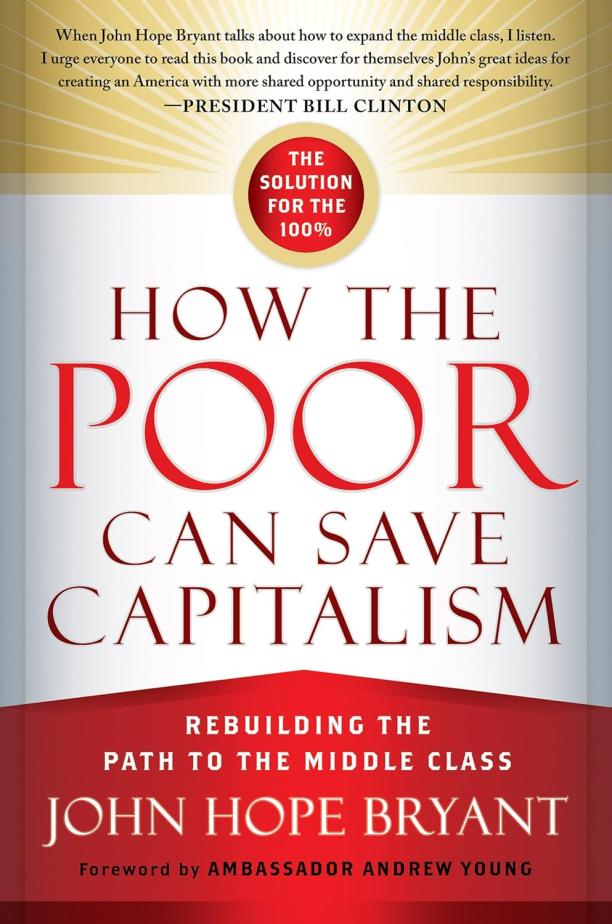
How the Poor Can Save Capitalism
Rebuilding the Path to the Middle Class
John Hope Bryant
The book presents a plan to empower low-income individuals to achieve financial independence and join the middle class through entrepreneurship, financial literacy, and access to credit. It argues that by providing the poor with the tools to participate in the economy, not only will their lives improve, but so will the overall economic health of the nation.
See full summary
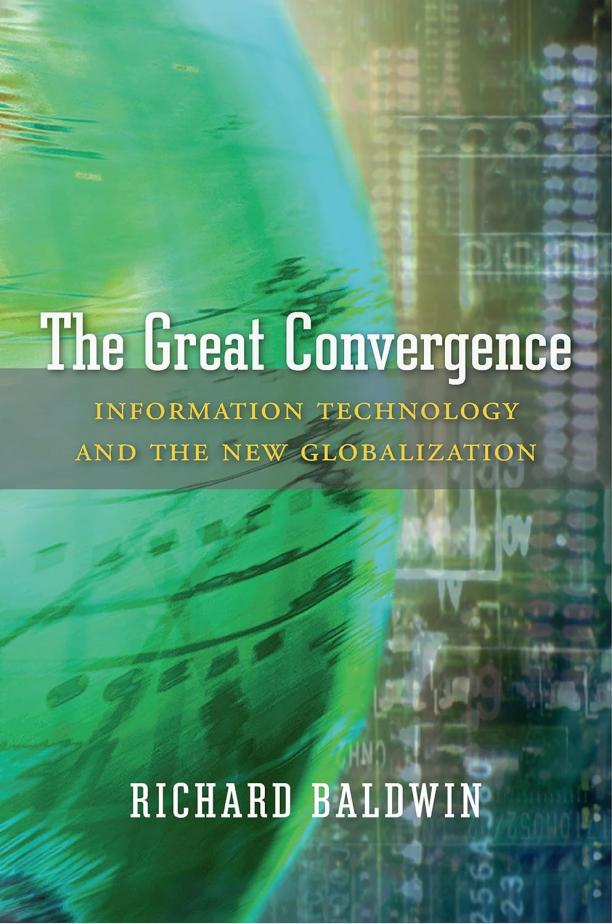
The Great Convergence
Information Technology and the New Globalization
Richard Baldwin
The book explores how the digital revolution has transformed the nature of globalization by enabling the separation of production and consumption across international borders, leading to a new phase where knowledge and ideas travel more freely. It discusses the economic and social implications of this shift, including the impact on labor markets, global trade patterns, and the potential for developing nations to leapfrog into more advanced stages of industrialization.
See full summary
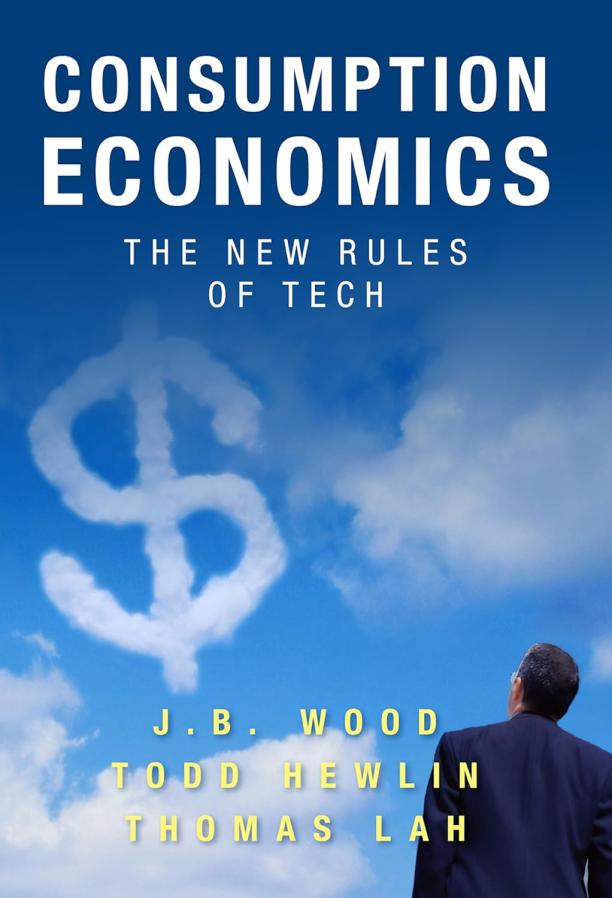
Consumption Economics
The New Rules of Tech
J. B. Wood|Todd Hewlin|Thomas Lah
The book explores the shift in the technology industry from product-centric to service-centric models, emphasizing how companies need to adapt to changing consumer demands and the rise of subscription-based and outcome-oriented services. It provides insights into how businesses can leverage these new economic realities to create value, innovate their offerings, and transform their revenue models in the face of evolving customer expectations.
See full summary
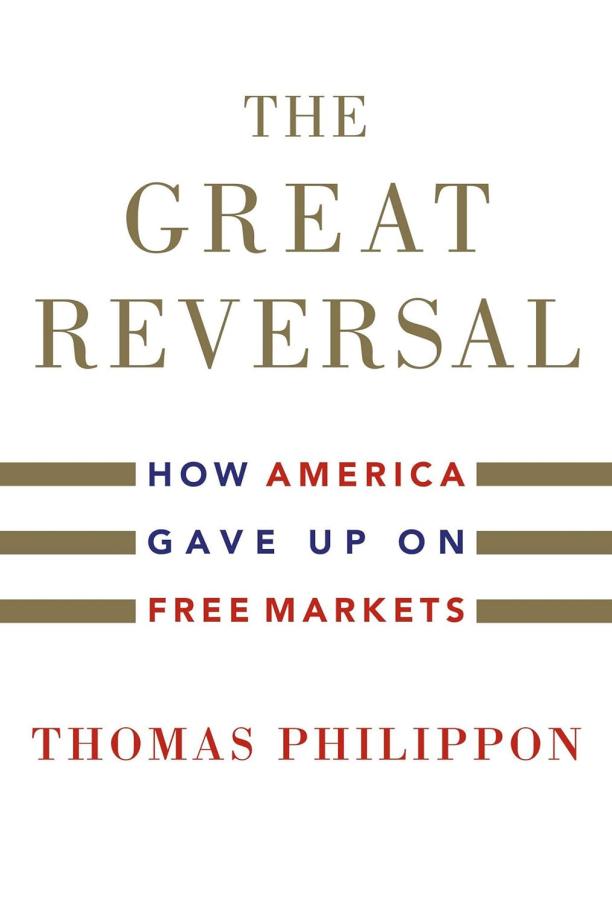
The Great Reversal
How America Gave Up on Free Markets
Thomas Philippon
The book examines the decline of competition and rise of corporate concentration in the United States, arguing that this has led to higher prices and reduced economic dynamism. It explores the influence of lobbying and regulatory capture on this trend, contrasting it with Europe's more competitive markets.
See full summary
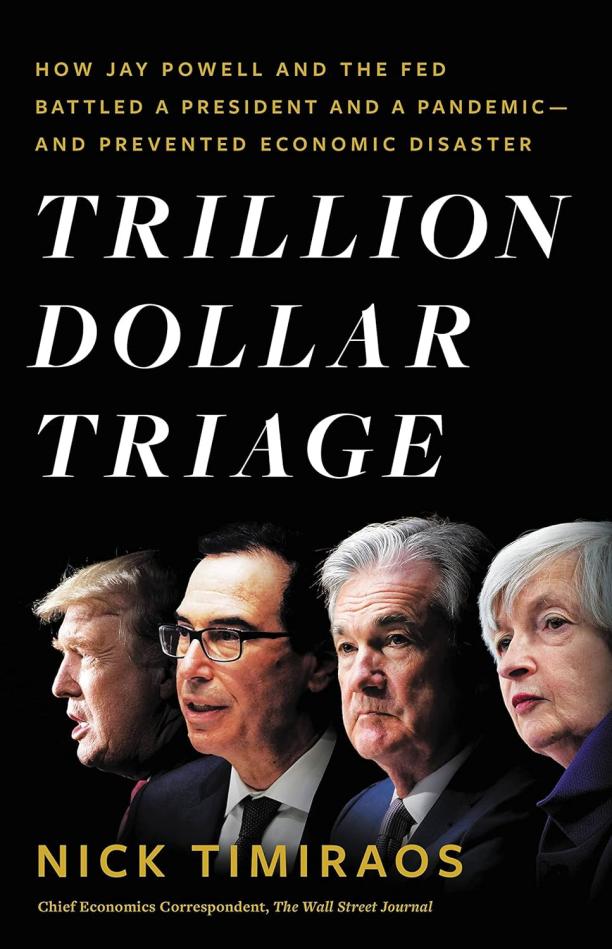
Trillion Dollar Triage
How Jay Powell and the Fed Battled a President and a Pandemic---and Prevented Economic Disaster
Nick Timiraos
The book provides an in-depth look at the actions taken by the Federal Reserve under the leadership of Jerome Powell during the unprecedented economic challenges posed by the COVID-19 pandemic. It details the Fed's strategies to stabilize the economy, including clashes with the Trump administration and the deployment of massive financial interventions to prevent a potential economic collapse.
See full summary
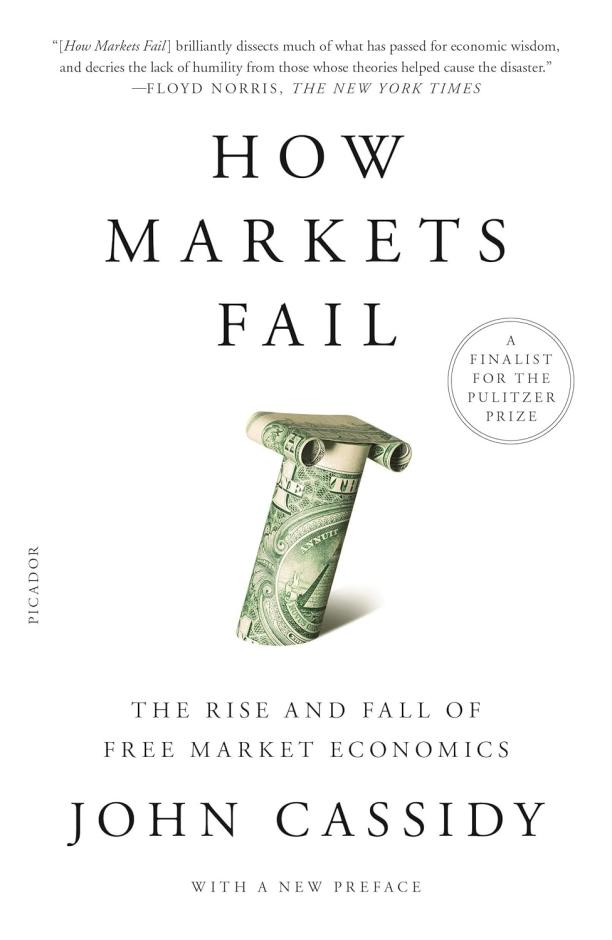
How Markets Fail
The Logic of Economic Calamities
John Cassidy
The book critically examines the flaws in the classical economic theory of market efficiency, exploring historical and contemporary examples of market failure. It delves into the consequences of unregulated markets and the role of government intervention, highlighting the need for a more realistic understanding of economics to prevent future financial disasters.
See full summary
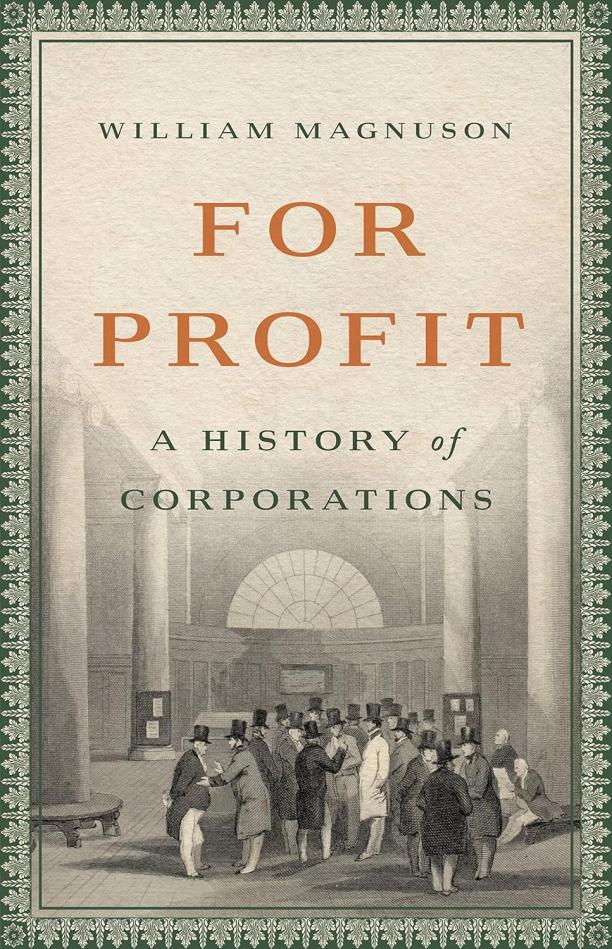
For Profit
A History of Corporations
William Magnuson
The book traces the evolution of corporations from the chartered entities of the early modern period to the powerful conglomerates of the present day. It examines the impact of corporate growth on society, exploring both the economic benefits and the challenges to democracy and equality that corporations pose.
See full summary
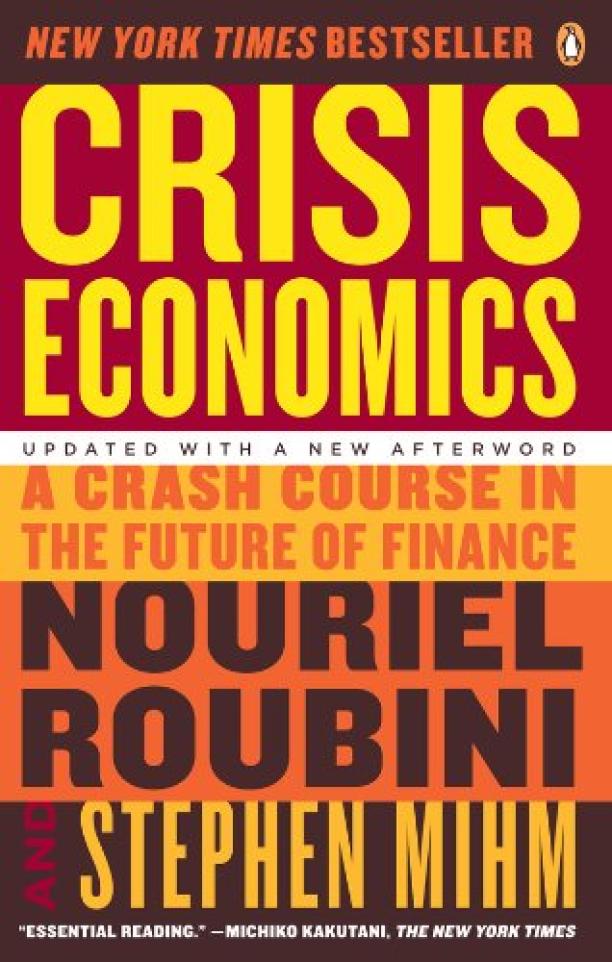
Crisis Economics
A Crash Course in the Future of Finance
Nouriel Roubini|Stephen Mihm
The book analyzes the 2008 financial crisis, exploring its causes and the systemic vulnerabilities that led to the global economic downturn. It also offers insights into the nature of financial crises and proposes policy solutions to prevent future economic disasters.
See full summary
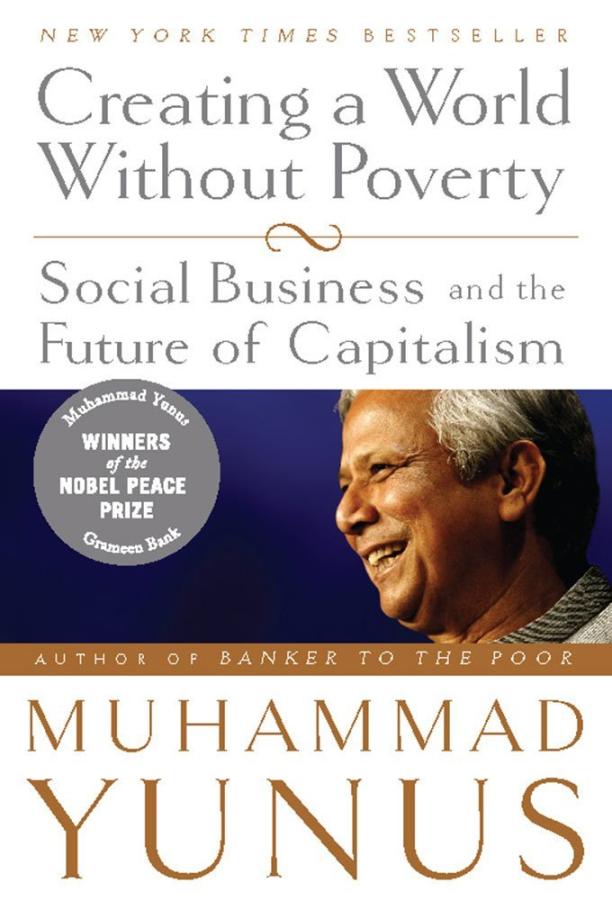
Creating a World Without Poverty
Social Business and the Future of Capitalism
Muhammad Yunus
The book presents the concept of social business as a tool to address societal issues by combining business know-how with the desire to improve the world, offering a sustainable and entrepreneurial approach to poverty alleviation. It outlines how this model can coexist with traditional capitalism, transforming the lives of the disadvantaged while fostering a more inclusive economy.
See full summary
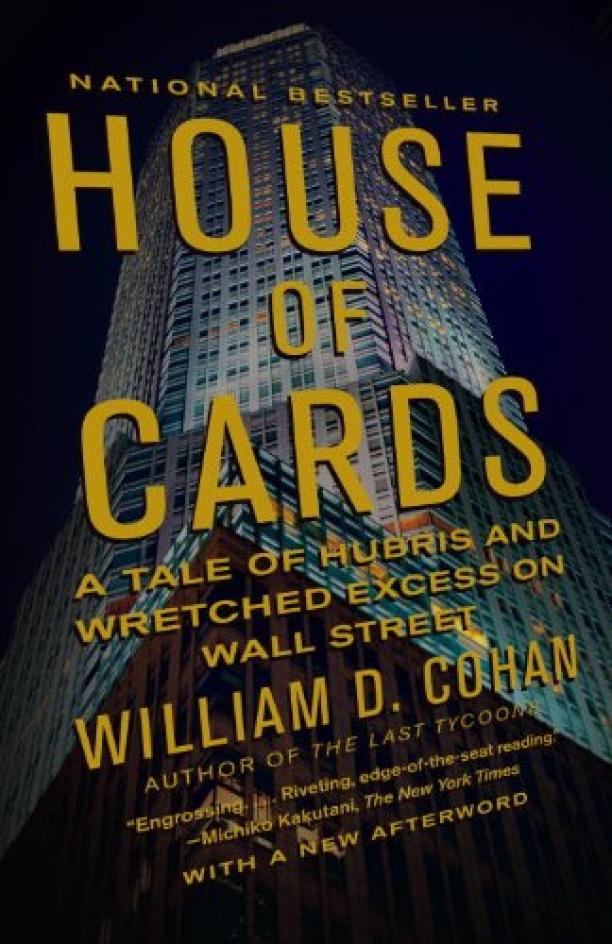
House of Cards
A Tale of Hubris and Wretched Excess on Wall Street
William D. Cohan
The book provides an in-depth look at the fall of Bear Stearns, one of the first major casualties of the 2008 financial crisis, detailing the combination of risky business practices, poor decisions, and market forces that led to its collapse. It offers a behind-the-scenes perspective on the personalities and power struggles within the firm that contributed to its demise and the subsequent impact on the global economy.
See full summary